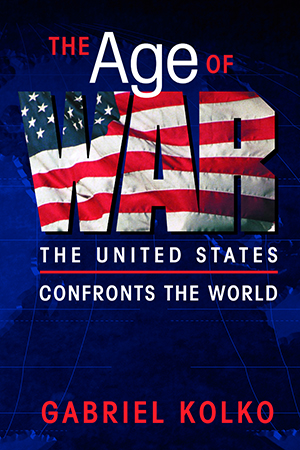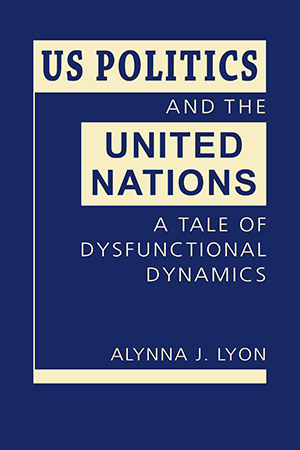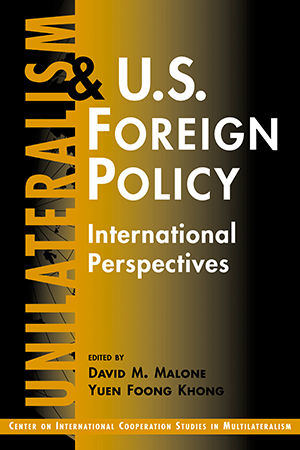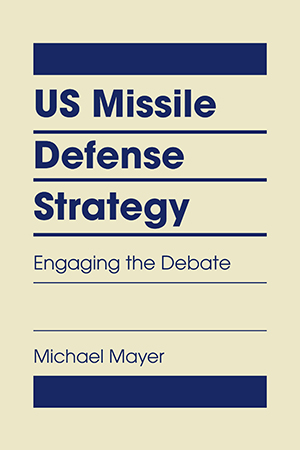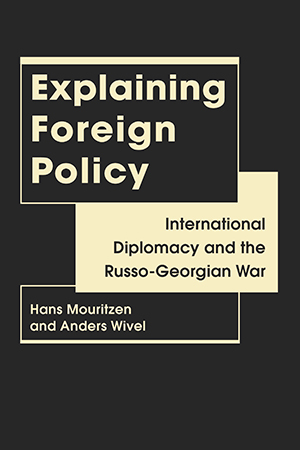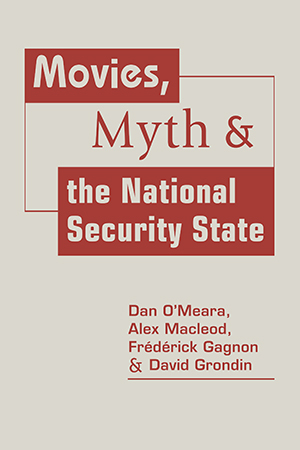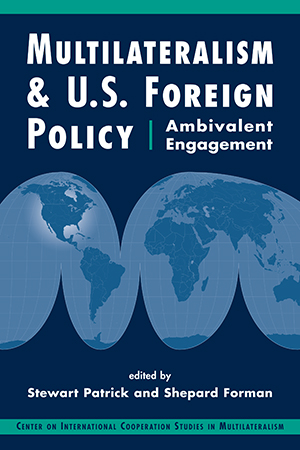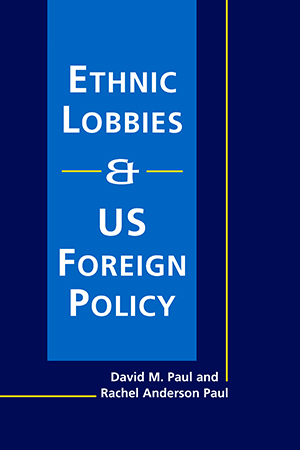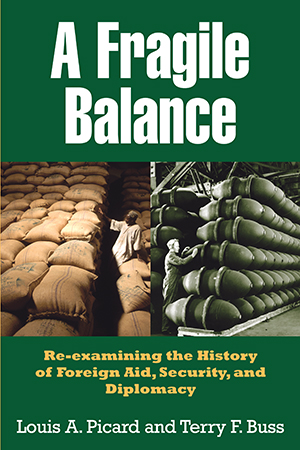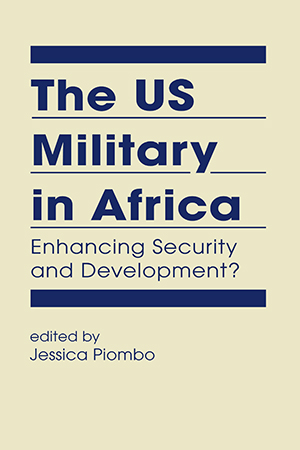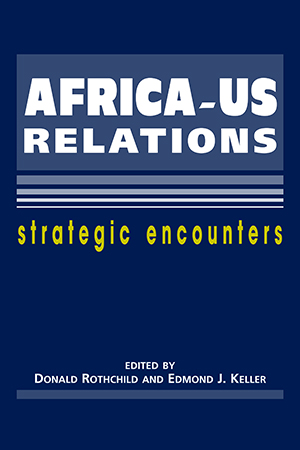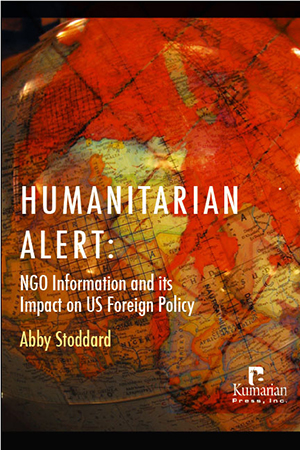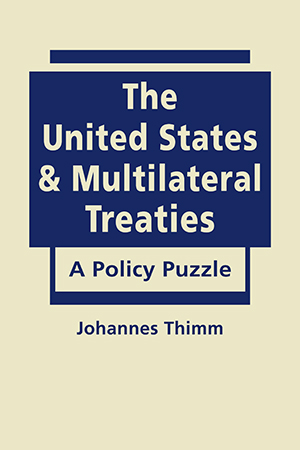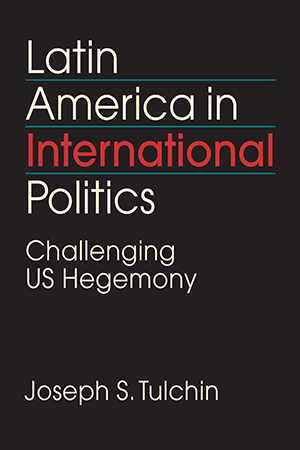US Foreign Policy
In this comprehensive, succinct—and provocative—overview of five decades of US foreign policy, Gabriel Kolko gives special emphasis to the period since 2000. Kolko argues that, More >
This innovative text/reader illustrates a range of national and regional perspectives on international relations and U.S. foreign policy. The twenty-eight selections include speeches, More >
It is no secret that the US variously pulls away from the United Nations and embraces it as a significant venue for policy initiatives. But what explains this dramatic inconsistency? What is More >
Choice Outstanding Academic Book! From the war on terrorism to global warming, from national missile defense to unilateral sanctions, the U.S. has been taken to task for coming on too More >
Why has the United States continued to develop ballistic missile defenses in an era of irregular warfare and asymmetric terrorist threats? How does missile defense contribute to US global More >
Why would Georgia attack South Ossetia in August 2008, with Russian forces conducting exercises nearby? This remains a puzzle to analysts—on a not inconsiderable list of foreign policy More >
While analysts may agree that Hollywood movies have always both mirrored and helped to shape the tenor of their times, the question remains: Just how do they do it? And how do we identify More >
When should the United States cooperate with others in confronting global problems? Why is the U.S. often ambivalent about multilateral cooperation? What are the costs of acting alone? These More >
Dozens of ethnic groups work determinedly to achieve specific policy goals in Washington, but to what degree do they actually wield power? Which groups are the most influential, and why? More >
Louis Picard and Terry Buss trace the history of US foreign aid from the earliest assumptions of manifest destiny to the present, placing their discussion within the context of broader More >
Recent US security policy toward Africa has adopted a multidimensional approach—including the use of military assets to promote economic development and good governance—that has More >
Reflecting the debate between state-centered and human-security approaches to security strategy, Africa-US Relations explores the interactions between the US and African countries in a wide More >
Do humanitarian NGOs function as autonomous—and even influential—nonstate actors with their own value-driven agendas? Or do they serve merely as the paid agents of national More >
Why is the US so reluctant to join global multilateral treaties, even when those treaties are in line with its own policies? And how does it decide which treaties to ratify? Finding that the More >
In recent years, the countries of Latin America have moved out from under the shadow of the United States to become active players in the international system. What changed? Why? And why did More >


